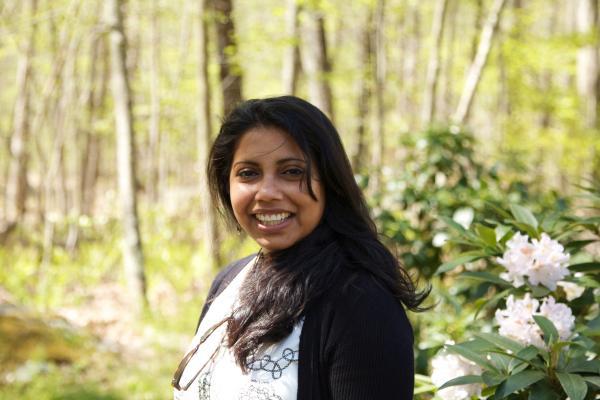Smith Lecture - Dr. Arpita Bose, Washington University in St. Louis
Phototrophs, Electricity, and the Circular Economy
Climate change poses numerous global challenges. Tackling them will require responses at the level of policy, culture, and technology1. One of the most valuable tools available has the advantage of almost 4 billion years of modification and fine-tuning via evolution: microbes. By taking advantage of microbiological processes, we can build technologies that will revolutionize our economies. One such technology is microbial electrosynthesis (MES). MES takes advantage of bacteria that consume electrons via a process called extracellular electron uptake (EEU). By feeding microbes electricity, we can produce a range of bio-commodities such as bioplastic and biofuel using substrates like organic carbon-rich wastes or even carbon dioxide (CO2). However, before such a technological feat is scalable, we must understand the fundamental mechanisms at play and develop proof-of-concept prototypes. Only then can we design systems capable of economically feasible, industrial scale bioproduction. Here, we discuss the underlying biology, highlight our lab’s work pertaining to EEU and MES, and outline future directions.
| Building: | 1100 North University Building |
|---|---|
| Website: | |
| Event Type: | Lecture / Discussion |
| Tags: | Natural Sciences |
| Source: | Happening @ Michigan from Earth and Environmental Sciences |


